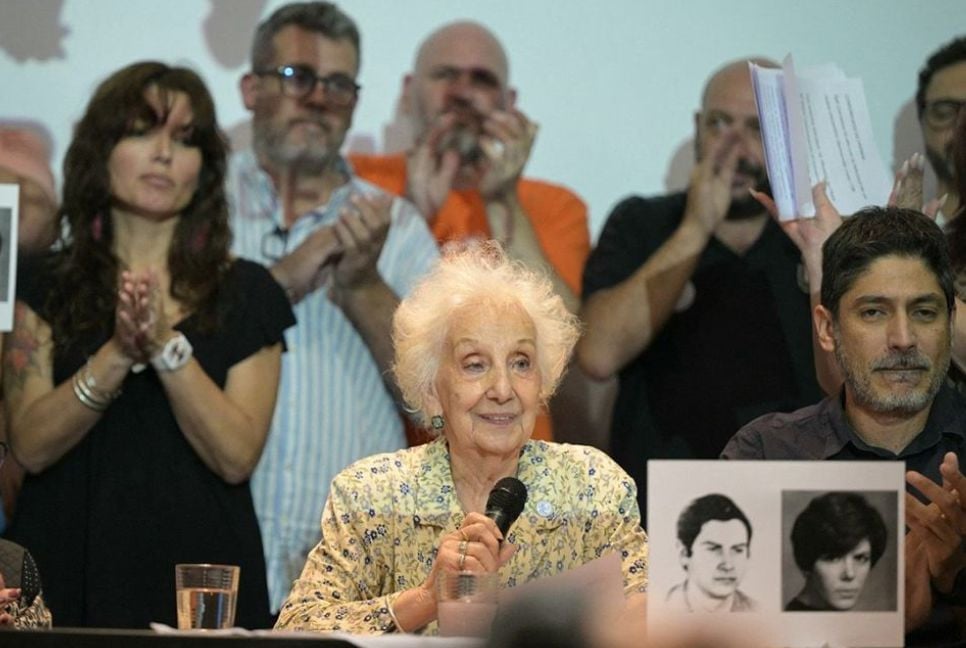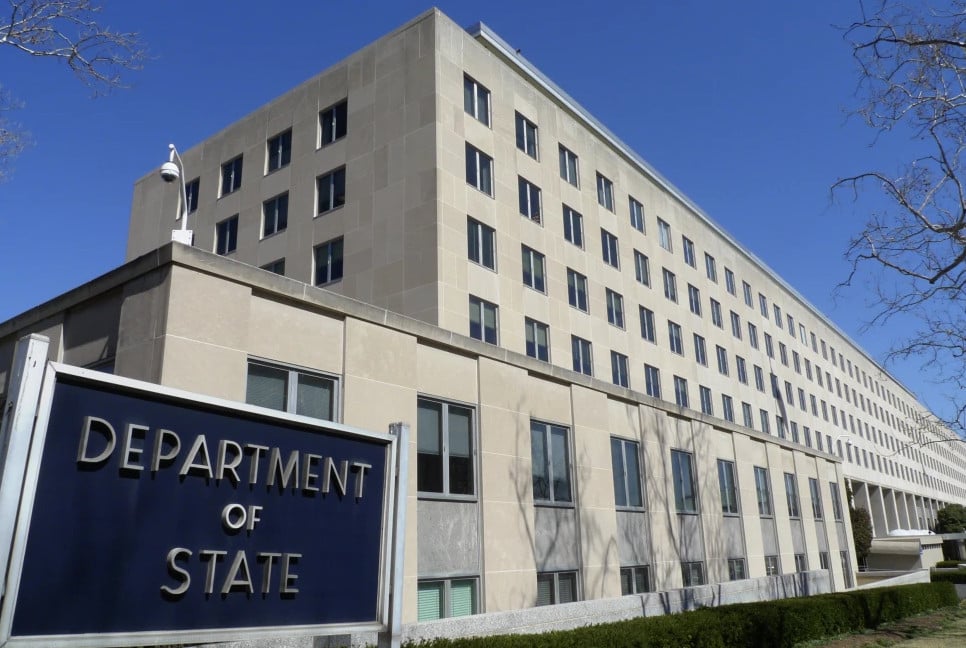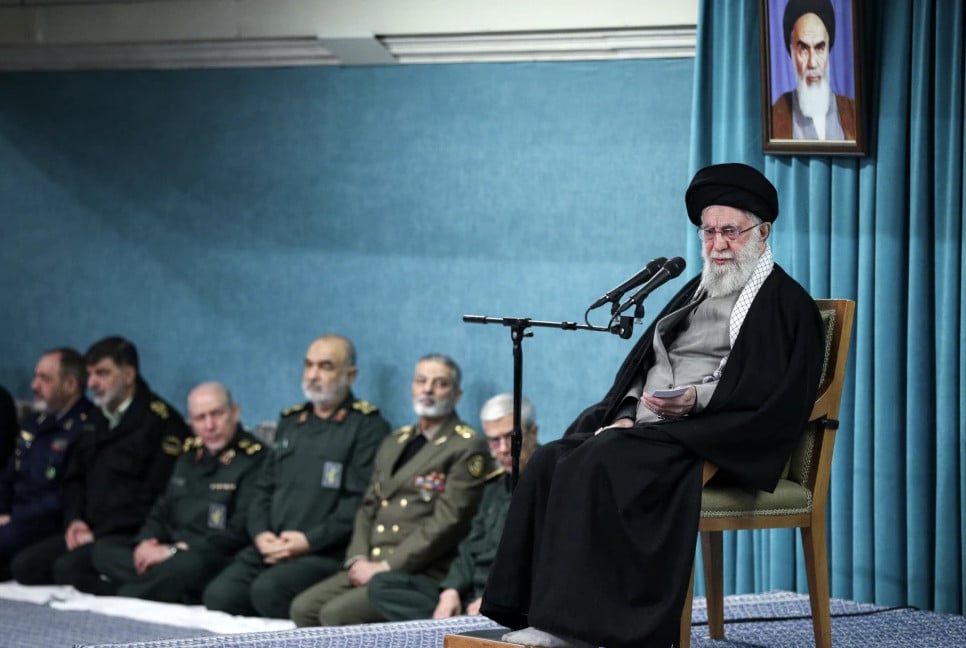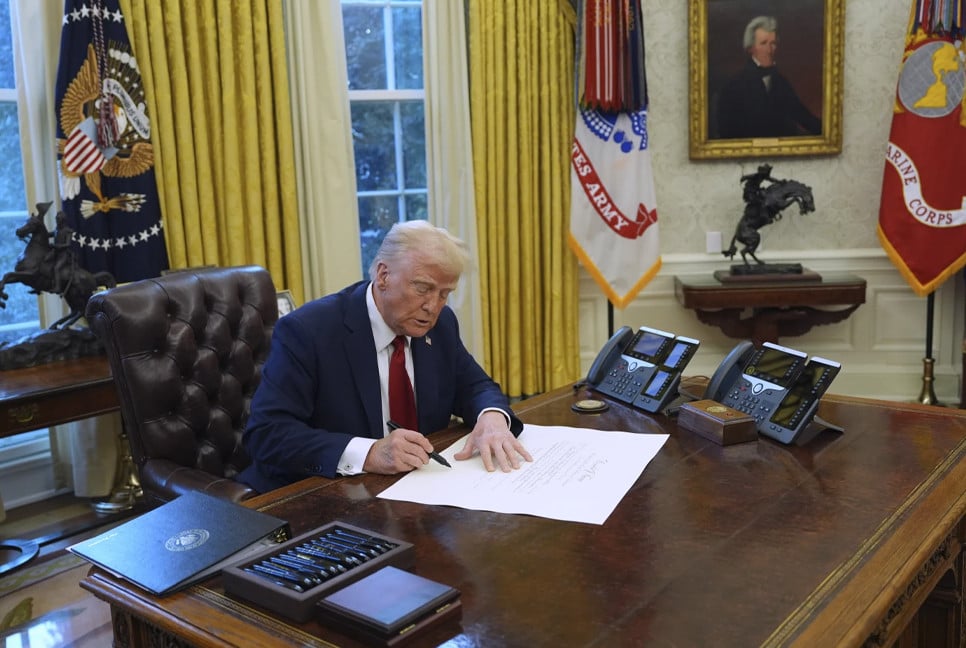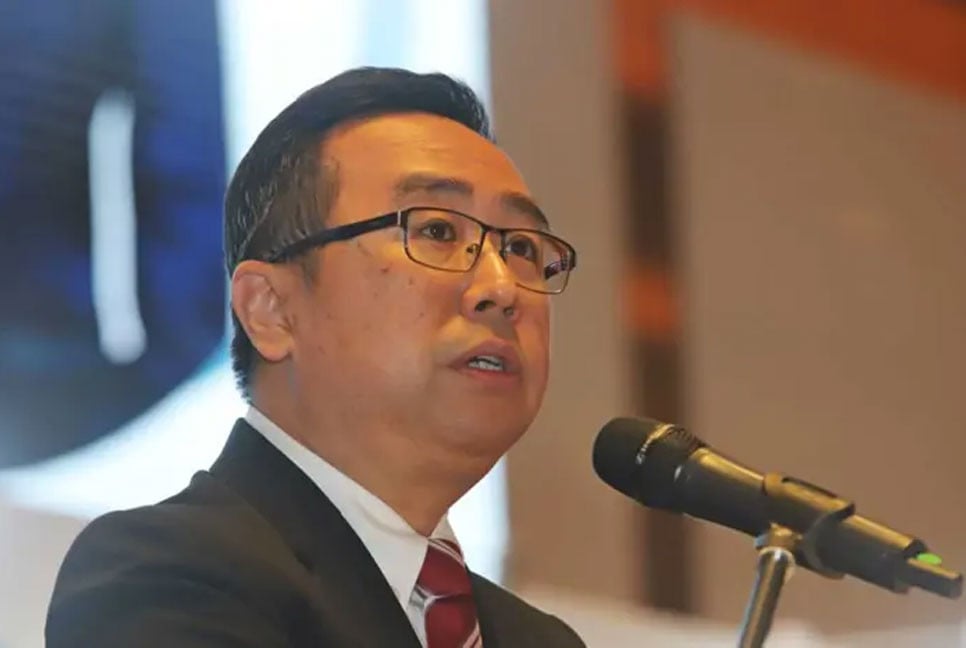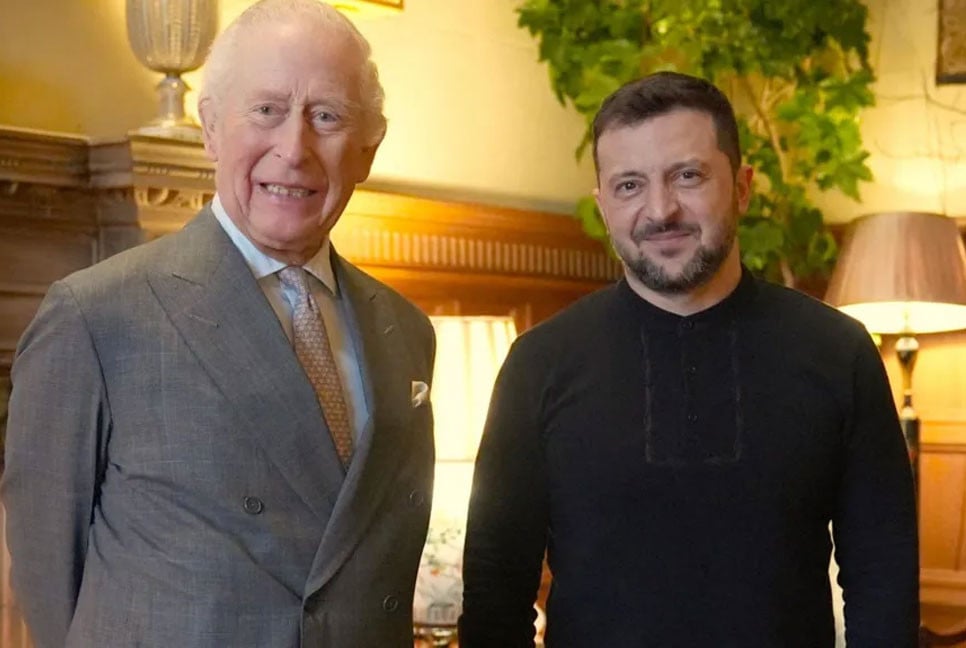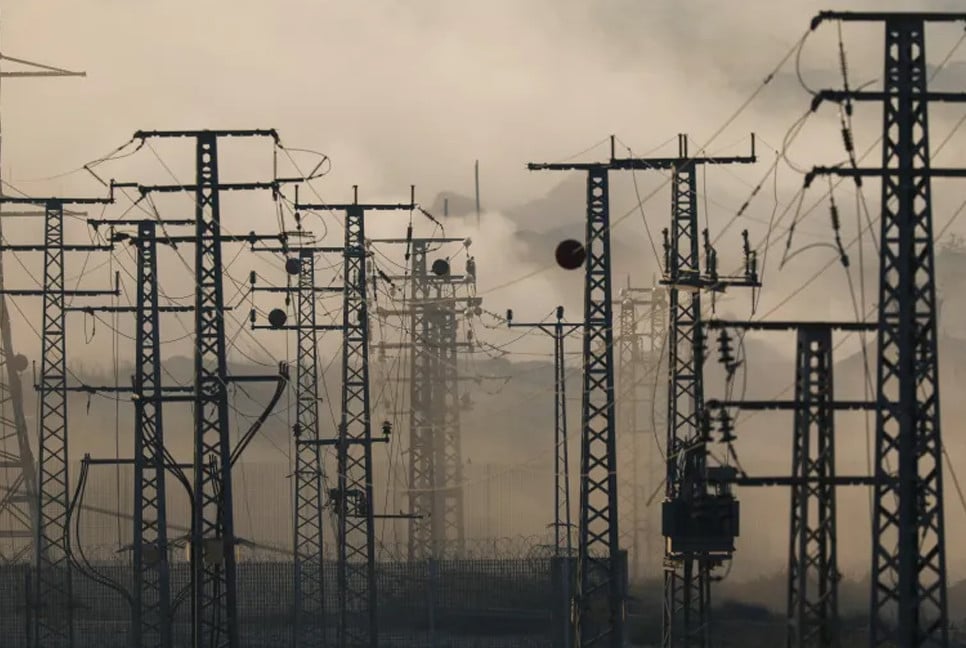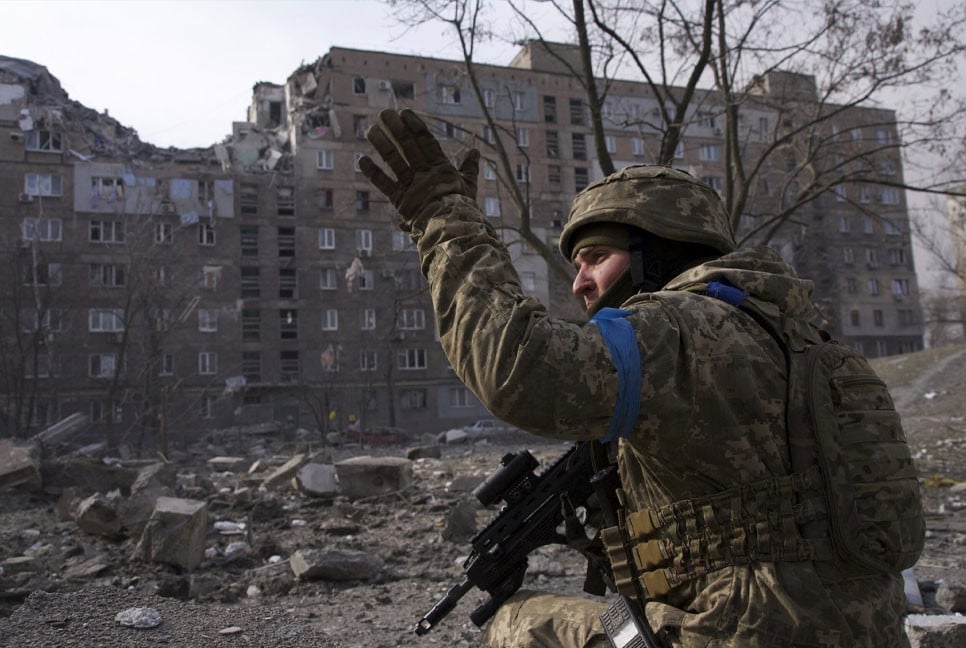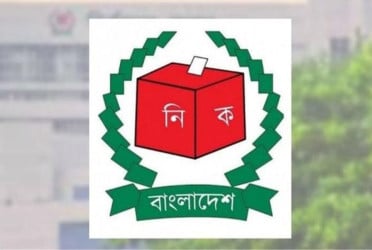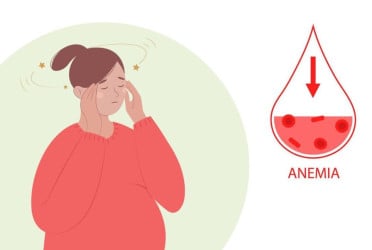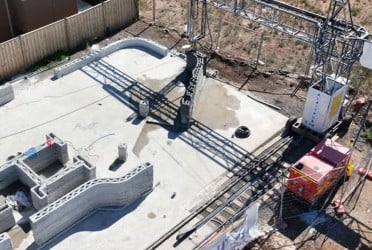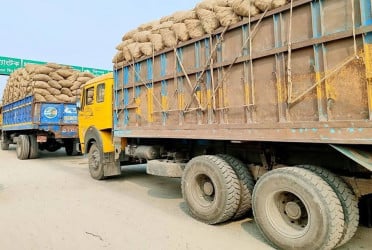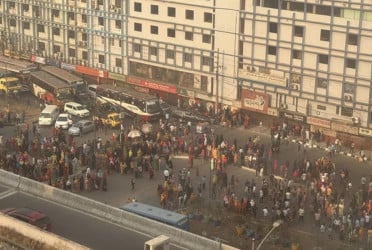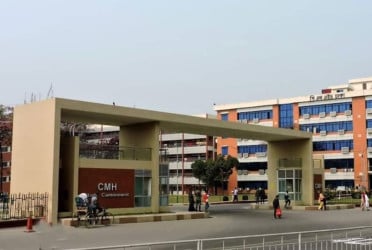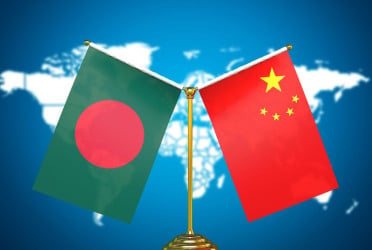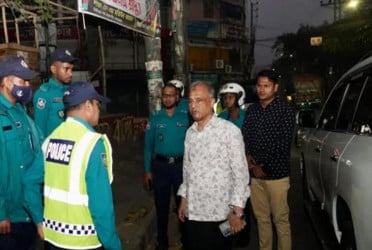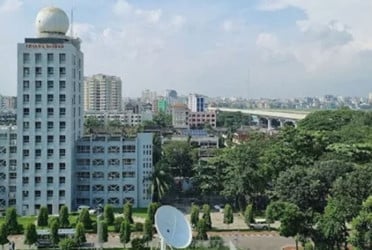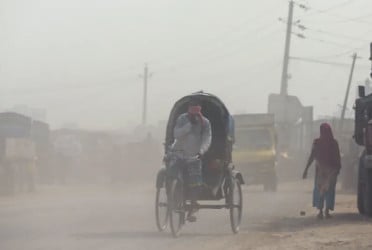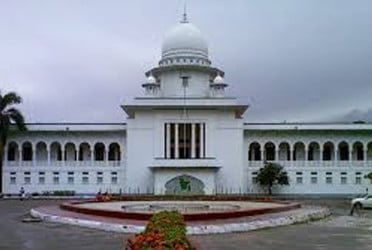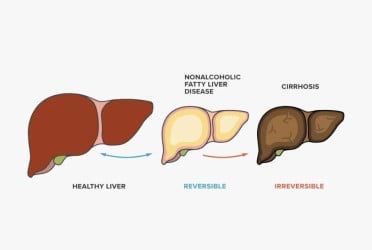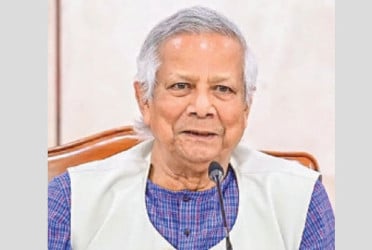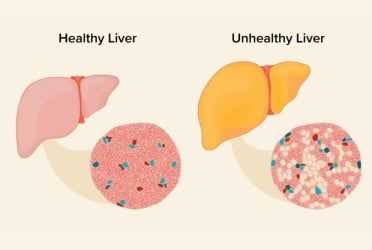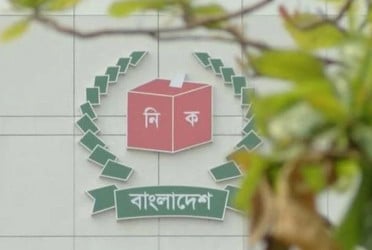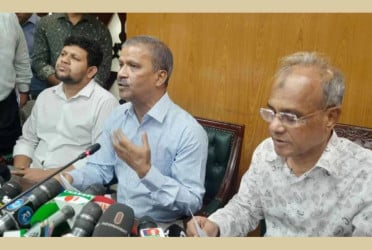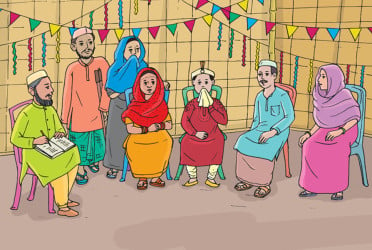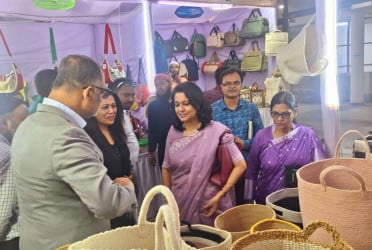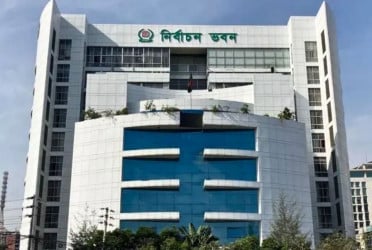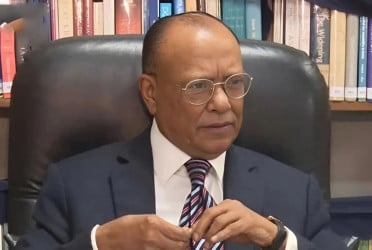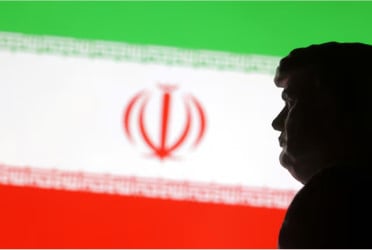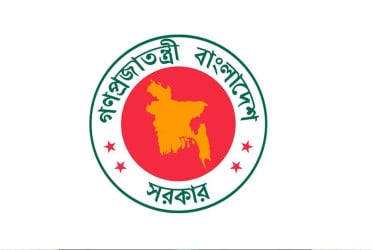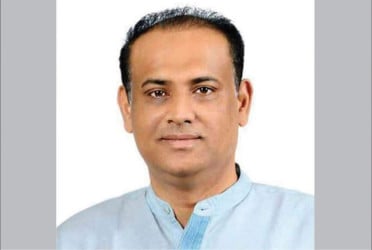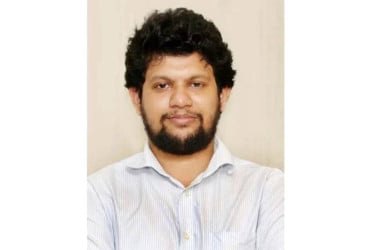Argentinian activists said Friday that one of hundreds of children taken from their parents and given up for adoption during the 1976-1983 dictatorship had been found after a long search.
For decades, members of the Grandmothers of Plaza de Mayo rights group have been trying to find their daughters -- and the now-adult babies they bore in captivity, reports AFP.
On Friday, the group announced the discovery of "grandchild number 138," the son of political activists Marta Enriqueta Pourtale and Juan Carlos Villamayor, who went missing in 1976.
"This is the 138th case resolved in these 47 years of relentless search for truth and identity," the organization's president Estela de Carlotto told a news conference held in a former torture center.
"On December 10, 1976, the couple was abducted from their home in Buenos Aires in an operation carried out by plainclothes personnel. She was eight-and-a-half months pregnant," Carlotto added.
Pourtale and Villamayor were members of the Montoneros leftwing guerrilla group.
They were later seen in ESMA, a notorious center where more than 5,000 political prisoners were taken, with many tortured and murdered, according to humanitarian organizations.
Very few survived.
"This is where the birth of the 138th grandchild may have taken place," Carlotto said in ESMA, a former navy mechanical school that is now a museum and place of remembrance.
"So far, more than 30 births have been recorded in this clandestine center," she added.
Argentina's National Commission for the Right to Identity had been working since 1999 to find the whereabouts of Pourtale and Villamayor's son, whose identity was confirmed by a DNA test.
The man, who was not named, has a brother called Diego Antonio, Pourtale's son with a previous partner, Carlotto said.
"I'm overwhelmed with emotion," Antonio said in an audio message sent from Spain, where he lives.
"Thank you very much, Grandmothers. You are a national pride, a pride for all Argentines," he said.
The "grandmothers" take their name from the Plaza de Mayo square in Buenos Aires where women held protests to demand information on the whereabouts of their loved ones.
As the original grandmothers get older, they have been joined in the organization by a younger generation of activists and researchers.
Bd-pratidin English/Fariha Nowshin Chinika

